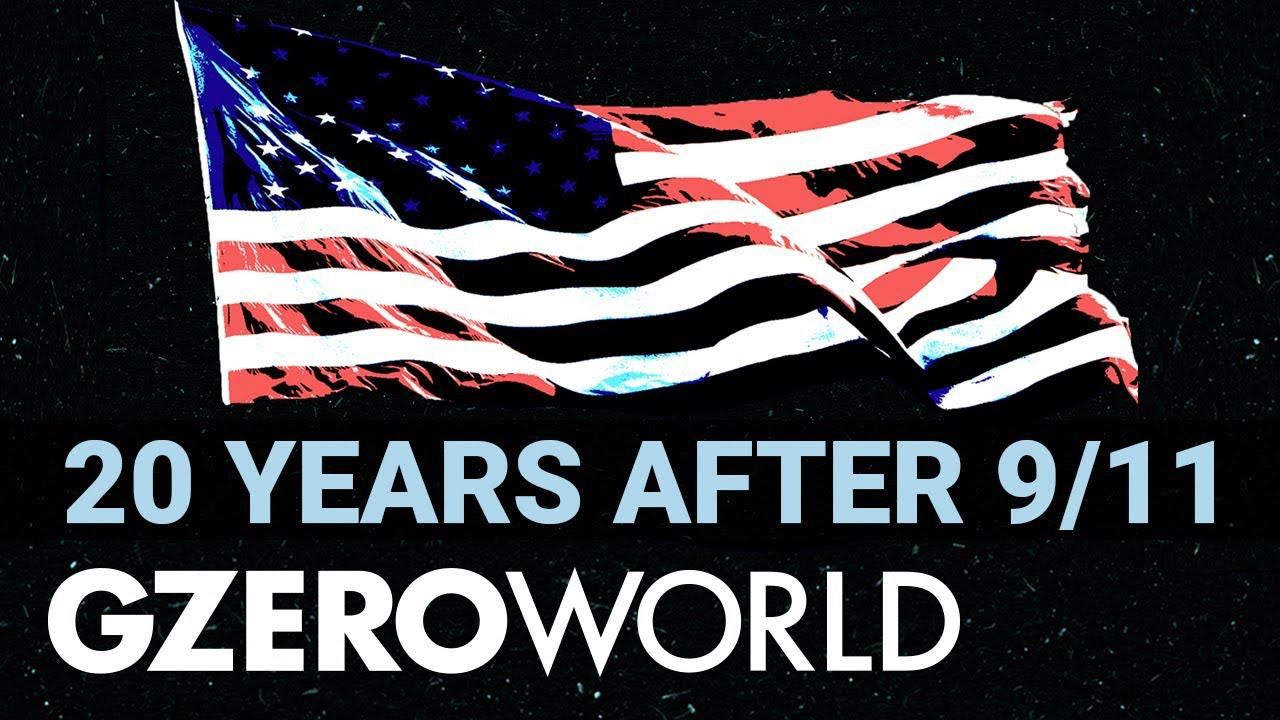
Ten years after the 9/11 attacks, many people hoped that the death of Osama Bin Laden would signal an end to America's role as the de facto world police. Instead, 20 years later we are seeing the impact of US national security policy play out once more in Afghanistan. The Taliban is now back in control, a local ISIS group has claimed responsibility for the bloody attack on August 26, and big questions remain about what America's war there actually accomplished. America's image abroad has been hurt by high civilian casualties to torture and abuse at Abu Ghraib and Guantanamo Bay, while policies implemented in the US in the name of security included huge (and at times even illegal) surveillance dragnets of US citizens and gave law enforcement unprecedented powers. But the United States has avoided another catastrophic 9/11-style attack on our soil. On GZERO World, Ian Bremmer explores the question: is the US actually safer today than before the towers fell?
Watch the episode: Is America Safer Since 9/11?